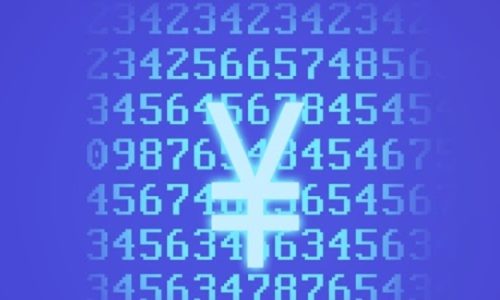Trump bans Chinese apps, including Alipay and WeChat Pay, with lame-duck executive order
In an executive order that only takes effect after his scheduled departure from the White House, Donald Trump banned eight Chinese apps on national security grounds.

In a lame-duck executive order that only takes effect 45 days from now — after he is supposed to vacate the White House — U.S. President Donald Trump today prohibited any U.S. person or entity from conducting “any transaction” with eight Chinese apps. The stated reason is national security grounds: the threat of the apps harvesting information from American people and companies.
- Alipay and WeChat Pay are the best known of them; the others are CamScanner, QQ Wallet, SHAREit, Tencent QQ, VMate, and WPS Office.
- TikTok was not included in the executive order, although it is already the subject of a previous Trump ban that has not been enforced.
Why the ban probably does not matter
The ban will theoretically affect anyone who uses Alipay’s and WeChat’s payment services, and any company that does business with them or the other prohibited companies: that affects a small group of mostly Chinese citizens in the U.S., and some companies that have a presence on both sides of the Pacific.
And given the lack of enforcement of Trump’s previous orders against TikTok and WeChat, and the fact that he won’t even be president when it is due to begin, the new ban is unlikely to have a lasting effect on bottom lines or share prices of the affected companies.
Why it might matter: Samm Sacks, cybersecurity policy and China digital economy fellow at the New America think tank, told the New York Times:
The executive order will take effect on Biden’s watch… Even if his team doesn’t buy the national security risk, politically the order will be tough to unwind without looking like a concession to Beijing. I see the order as a last-minute flailing to try to tie Biden’s hands.






